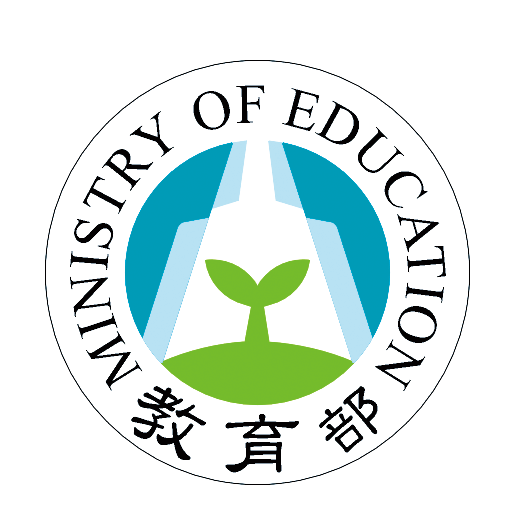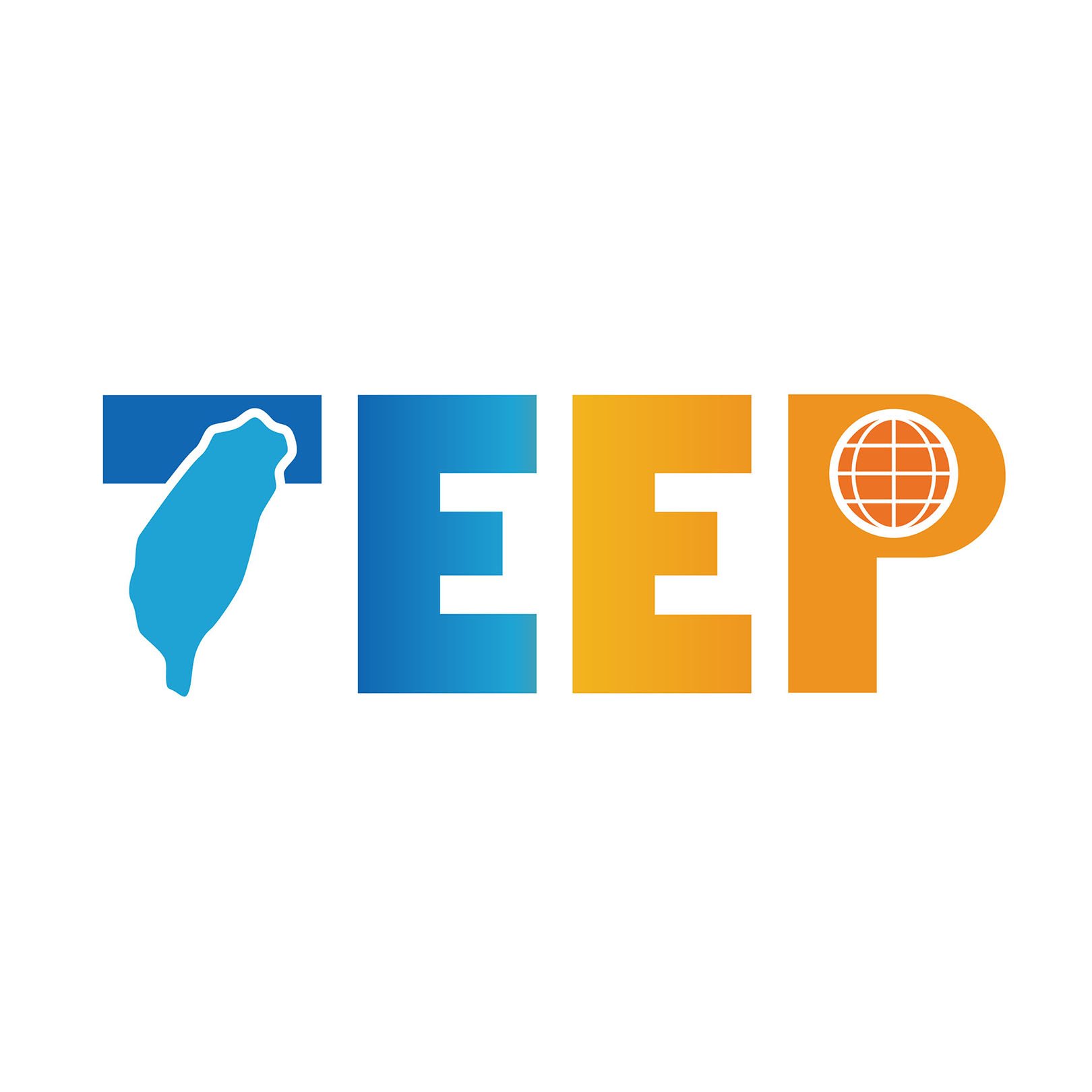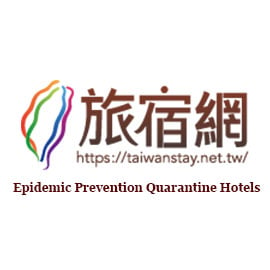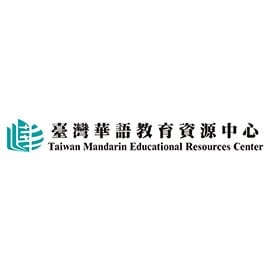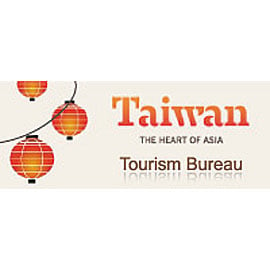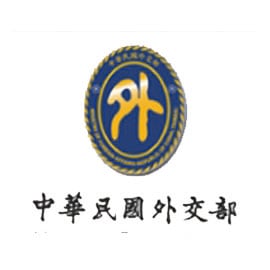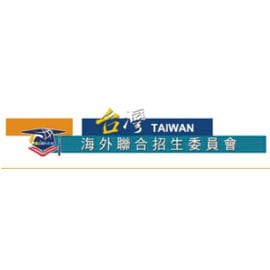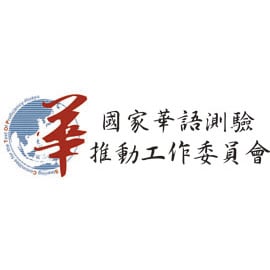Institutes of technology and universitiesof science and technology are all established inaccordance with the provisions of the UniversityAct, for the purpose of training people who havehigh-level professional and practical work skills.Institutes of technology and universities of scienceand technology may recruit students to undertakeassociate's degree programs, bachelor's degreeprograms, master's degree programs, and doctoraldegree programs. Students who want to undertakean associate degree program at these institutionsmust meet the same admission criteria as peoplewanting to do a two-year junior college program which is set out in the first paragraph under theprevious heading, and they must complete 80credit hours, to be eligible to receive an associatedegree.Students may undertake a four-yearbachelor's degree program or a two-yearbachelor's degree program if they already have anassociate degree.
These programs are availablein the daytime, and also in the evening, and inthe evening (in a continuing education division),or at a college of continuing education. Individualinstitutes and universities may establish in-serviceprofessional degree programs if individuals'personal work experience, and requirements aresuitable. Student intake: four-year institute oftechnology programs and two-year junior collegeprograms both enroll students who have graduatedfrom a secondary TVE program of some sort, orwho have an equivalent qualification. The two-yearprograms at institutes of technology enroll studentswho have graduated from a junior college aftercompleting a two-year or five-year program, orwho have an equivalent qualification and pass anentrance exam. Students are awarded a bachelor'sdegree after they graduate from a four-yearbachelor's degree program, or from the shortertwo-year bachelor's degree program students withan associate degree can go into.Curriculum: The system is credit-based.Students in a four-year program must complete128 credit-hours, and students in the two-yearbachelor's degree programs must complete 72credit hours before they can graduate.
Studentsundertaking a professional master's degree programmust complete 24 credit hours and submit amaster's thesis, and students in a doctoral programmust complete at least 18 credit hours and submit adoctoral dissertation before they can graduate.As well as appointing qualified universitytrainedteacher, people with practical workingexperience may also be recruited from the businesscommunity, in accordance with the RegulationsGoverning Appointment of Professional andTechnological Personnel for University Teaching.


